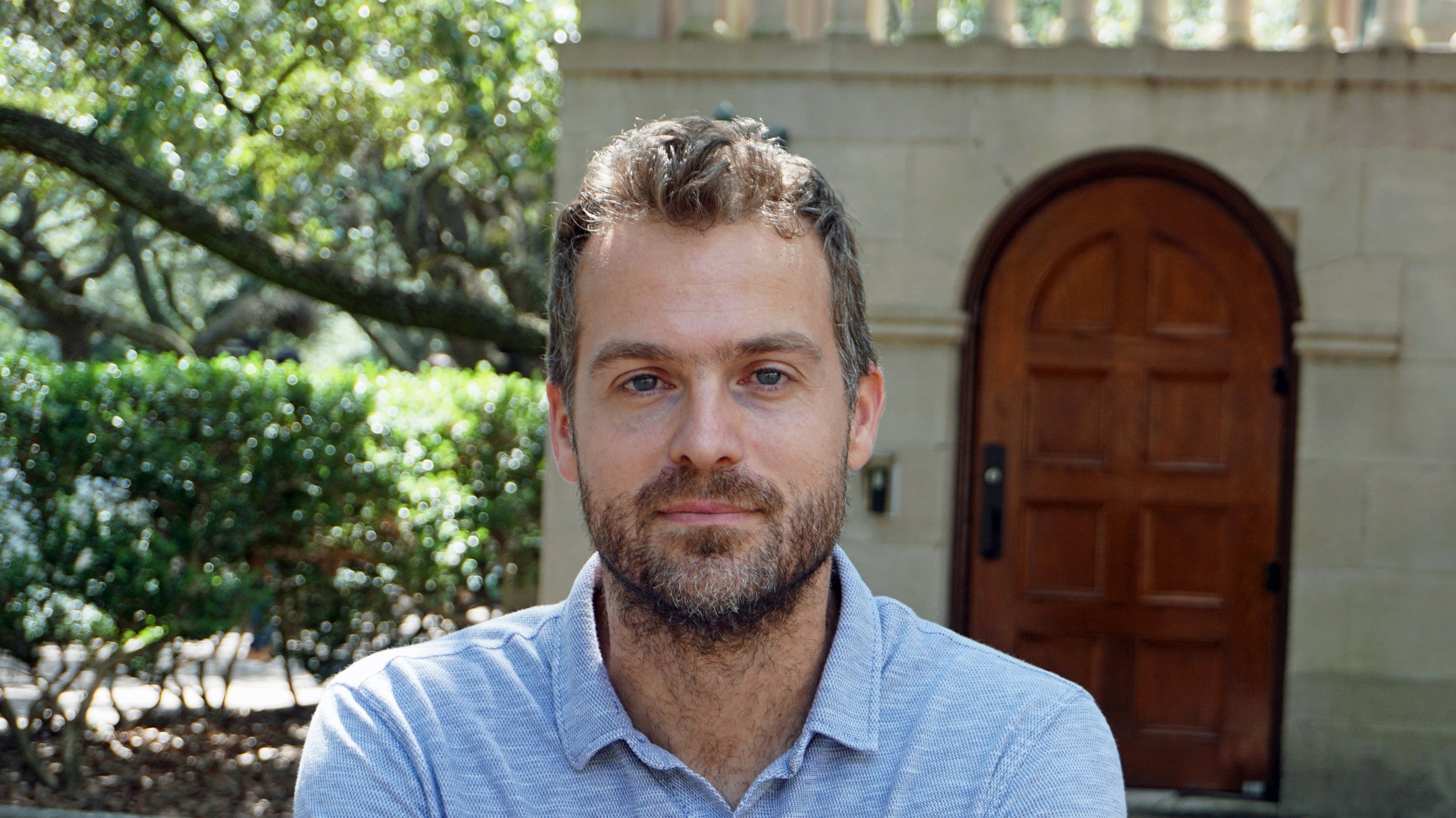The Ken Kennedy Institute's November Member of the Month: Anastasios Kyrillidis, Noah Harding Assistant Professor of Computer Science.
Anastasios (Tasos) Kyrillidis is currently a Noah Harding Assistant Professor at the Computer Science department at Rice University. Prior to that, he was a Goldstine PostDoctoral Fellow at IBM T. J. Watson Research Center (NY) and a Simons Foundation PostDoc member at the University of Texas at Austin. He completed his Ph.D. at the CS Department of EPFL in Switzerland. Tasos' research areas include: optimization for machine learning; convex and non-convex algorithms and analysis; large-scale optimization; and any problem that includes a math-driven criterion and requires an efficient method for its solution.
How would you explain your research in 1-2 sentences?
My group likes devising new algorithms (or variants of existing ones) for practical problems while worrying about their provability or efficiency. Our area of interest is optimization methods, and we get "itchy” or unsettled with existing methods/analyses and look for alternatives.
How does your work impact the community at large?
Our algorithms can be used by other labs/groups working closer to problems that affect the community. Thus, in a way, we are a “gear” in the whole process, usually at the very source of computational problems.
What kind of collaborations are you looking for at Rice and within the community?
Thus far, optimization algorithms and techniques we have developed have been related to machine learning (CS and ECE), quantum computing (physics) and its applications (civil engineering), and machine learning + X (biosciences). We are looking for collaborations with any research group that finds that the efficiency and provability of algorithms in machine learning, artificial intelligence, and quantum computing are of utmost importance.
How do you see computation and data advancing in the future?
We reached the point where, with enough data and computational power, some complex computational models can mimic reality pretty well (see AI/ML advances). It is not what will happen, but I would like to see what we can do with targeted data and limited computational power to democratize computation even further and provide access to these tools to a broader audience.
How do you see the Ken Kennedy Institute supporting you and/or your research?
K2I has already initiated actions towards lifelong, multimodal learning. This means what one can achieve by constantly interacting with machines, aligning our goals/aims with these machines, and sustaining a long-term context with these machines. This is a pretty interesting long-term vision.
What is your favorite book or movie?
Tough. I don’t want to go into classics or necessarily sophisticated. I cannot say just one. I liked watching Past Lives (the latest movie I watched while writing this), Drops of God (tv series if you like wine), Full Time (if you want an unsettling movie where a parent constantly moves – it is French), and The Bear (excellent tv series).
Do you have any words of inspiration you would like to share?
Time is limited; spend it wisely. On the other hand, we are all busy, so be patient. But do not pretend that you lost your turn on highways/roads and cut in front of others ; and if you are biking/using a scooter, do not forget that pedestrian paths are for… pedestrians.
_
See Tasos' Rice Profile here.

